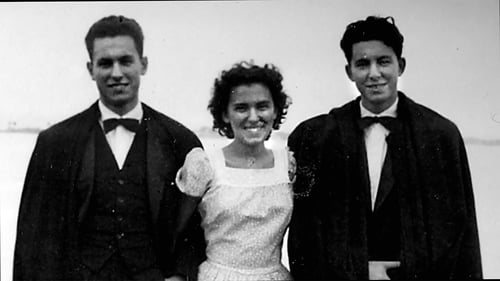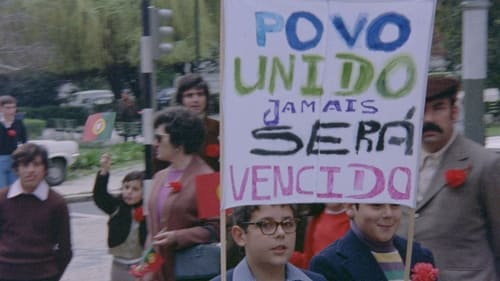José Afonso
Nacimiento : 1929-08-02, Aveiro, Portugal
Muerte : 1987-02-23
Historia
Zeca Afonso is among the most influential folk and political musicians in Portuguese history. He became an icon in Portugal due to the role of his music in the resistance against the dictatorial regime of Oliveira Salazar. He is still widely listened to, not only in Portugal, but also abroad.




